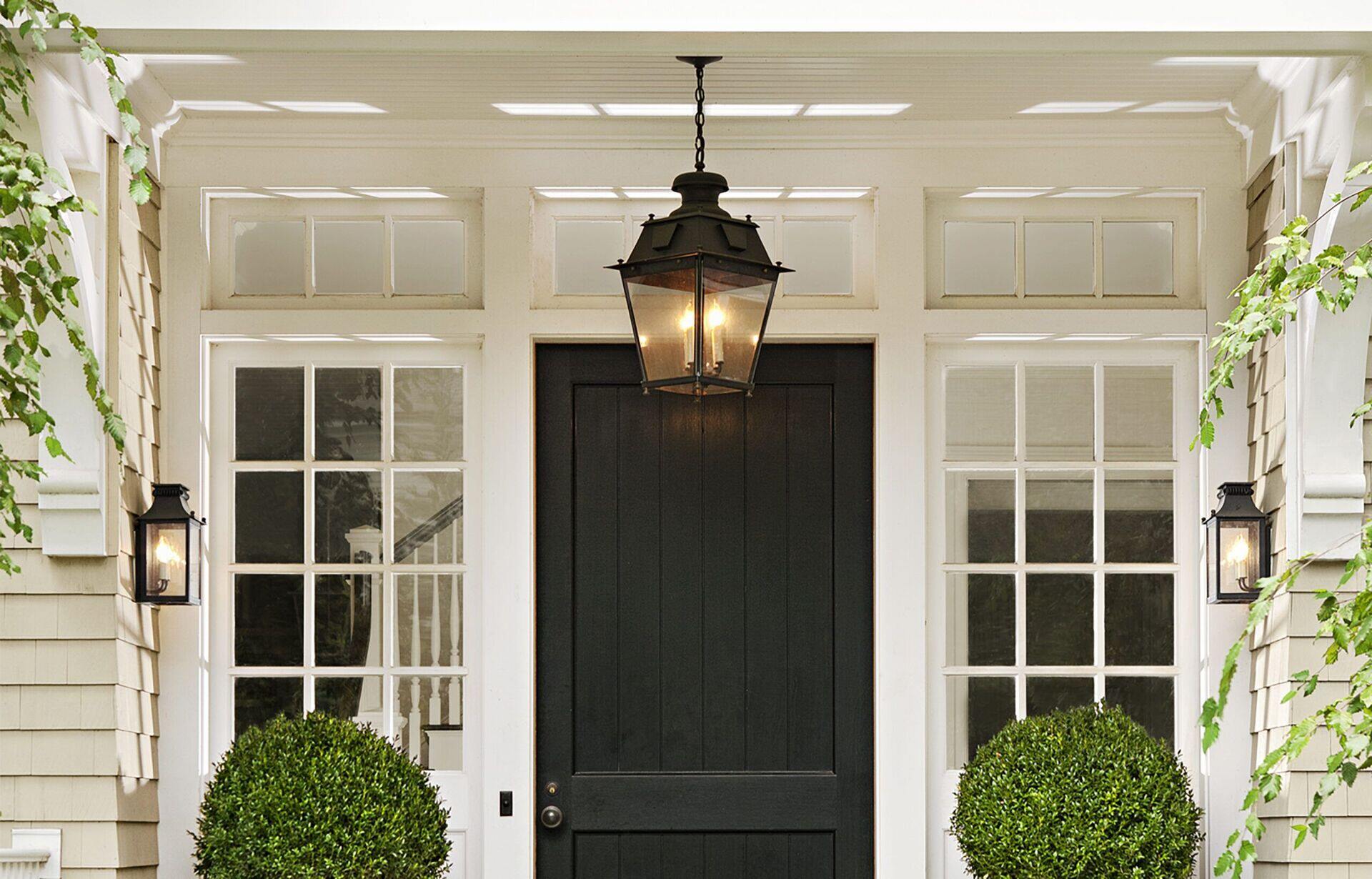

Articles
What Watt Bulb For Porch Light
Modified: May 6, 2024
Discover the perfect watt bulb for your porch light with our informative articles. Find out what wattage is best for your porch lighting needs.
(Many of the links in this article redirect to a specific reviewed product. Your purchase of these products through affiliate links helps to generate commission for Storables.com, at no extra cost. Learn more)
Introduction
Choosing the right wattage for your porch light is essential for both safety and aesthetics. The right amount of light can enhance the appearance of your home and provide adequate illumination for outdoor activities. However, with so many options available, it can be overwhelming to determine which wattage is best suited for your porch light.
In this article, we will discuss the factors to consider when selecting a wattage for your porch light and provide recommendations for different scenarios. We will also explore the types of bulbs that are commonly used for porch lights and provide information on energy-efficient alternatives.
By the end of this article, you will have a clear understanding of how to choose the right wattage for your porch light, ensuring that you create a welcoming and well-lit outdoor space.
Key Takeaways:
- Choose the right porch light wattage based on porch size, purpose, desired ambiance, and energy efficiency. Consider neighborhood regulations and energy-efficient bulb options for a well-lit and welcoming outdoor space.
- Opt for energy-efficient LED or CFL bulbs and explore solar-powered, motion-activated, or smart lighting systems to reduce energy consumption and contribute to a sustainable environment. Create a well-lit porch while minimizing unnecessary energy waste.
Read more: What Is The Lowest Watt Light Bulb
Factors to Consider
When deciding on the wattage for your porch light, there are several important factors to take into consideration:
- Location and Size of the Porch: The size of your porch and its location relative to your home and surrounding area will play a role in determining the appropriate wattage. A larger porch may require higher wattage to ensure adequate lighting, while a smaller porch may only need a lower wattage bulb. Additionally, if your porch is located in a well-lit neighborhood, you may be able to get away with a lower wattage bulb.
- Purpose of the Porch: Consider how you plan to use your porch. Is it primarily for decorative purposes, or will it be used for functional activities such as reading, dining, or entertaining? If you intend to use your porch for tasks that require more focused lighting, you may want to opt for a higher wattage bulb. On the other hand, if your porch is purely decorative, a lower wattage bulb may be sufficient.
- Desired Ambiance: Think about the ambiance you want to create with your porch lighting. If you prefer a softer, more subtle glow, you may opt for lower wattage bulbs or even consider installing dimmers. Conversely, if you want brighter and more vibrant lighting, higher wattage bulbs may be more suitable.
- Neighborhood Regulations: Check if there are any neighborhood regulations or homeowner’s association rules regarding outdoor lighting. Some neighborhoods may have restrictions on the wattage or type of bulbs you can use in order to maintain a consistent aesthetic or minimize light pollution. It’s important to be aware of any guidelines before making your decision.
- Energy Efficiency: Consider your energy consumption and environmental impact. Higher wattage bulbs typically consume more energy and may result in higher electricity bills. If you are conscious about energy efficiency, you may want to opt for lower wattage bulbs or explore energy-efficient alternatives, which we will discuss later in the article.
By considering these factors, you can make an informed decision when selecting the wattage for your porch light, ensuring that it aligns with your specific needs and preferences.
Recommended Wattage for Porch Lights
The recommended wattage for porch lights can vary depending on the factors discussed earlier. Here are some general guidelines to help you determine the appropriate wattage for your porch:
- Standard porches: For average-sized porches that are primarily used for decorative purposes or general illumination, a wattage between 40-60 watts is typically sufficient. This will provide a warm and inviting ambiance without overwhelming the space.
- Larger porches: If you have a larger porch or you frequently use it for activities that require more focused lighting, such as dining or reading, you may opt for a higher wattage between 60-100 watts. This increased wattage will ensure that the space is well-lit, allowing you to comfortably engage in various activities.
- Entryway lighting: The porch light at your entryway serves as both a functional and decorative element. It is important to choose a wattage that provides adequate lighting for safety reasons while enhancing the curb appeal of your home. A wattage of 60-100 watts is typically recommended for entryway porch lights.
- Security lighting: If you are primarily concerned with security and want bright, deterrent lighting for your porch, higher wattages between 100-150 watts may be appropriate. This will ensure that the surrounding area is well-lit and potential intruders are discouraged.
It’s important to note that these wattage recommendations are general guidelines and can be adjusted based on personal preference and specific requirements. Additionally, advancements in lighting technology have introduced more energy-efficient options that can provide the same brightness with lower wattages, which we will explore next.
Ultimately, the recommended wattage for your porch lights should align with your specific needs, the size of your porch, and the desired ambiance you want to create.
When choosing a bulb for your porch light, consider using a 60-100 watt bulb for a standard size fixture. This will provide enough brightness for safety and security without being too harsh.
Types of Bulbs for Porch Lights
When it comes to selecting bulbs for your porch lights, there are several options available, each with its own set of characteristics and advantages. Here are some popular types of bulbs used for porch lights:
- Incandescent Bulbs: Incandescent bulbs are the traditional choice for porch lights. They provide warm, soft lighting and are available in a variety of wattages. However, they are not as energy-efficient as other options and have a shorter lifespan.
- Halogen Bulbs: Halogen bulbs are a type of incandescent bulb that produces a bright and focused light. They offer excellent color rendering and a longer lifespan compared to regular incandescent bulbs. However, they still consume a significant amount of energy and can get hot to the touch.
- Compact Fluorescent Lamps (CFLs): CFLs are energy-efficient alternatives to incandescent bulbs. They consume less energy and have a longer lifespan. CFLs are available in various wattages and can produce warm or cool white light to suit your preferences. However, they may take a few moments to reach their full brightness after turning them on.
- LED Bulbs: LED bulbs are rapidly gaining popularity due to their energy efficiency and long lifespan. They consume significantly less energy than incandescent bulbs and have a wide range of wattages available. LED bulbs also offer excellent color rendering and come in various color temperatures, allowing you to customize the ambiance of your porch. Additionally, LEDs are highly durable and can withstand outdoor conditions such as temperature fluctuations and moisture.
- Solar-Powered Lights: Solar-powered porch lights are an environmentally-friendly option that harnesses energy from the sun. These lights have built-in solar panels that charge during the day and automatically illuminate at night. Solar-powered lights are easy to install, require no wiring, and are ideal for locations with ample sunlight. However, they may not provide the same brightness as traditional bulbs and can be affected by cloudy weather or shade.
When choosing the type of bulb for your porch lights, consider factors such as energy efficiency, lifespan, brightness, and the desired ambiance. LED bulbs are often recommended due to their energy efficiency, versatility, and long-lasting performance. However, other options may also be suitable depending on your specific needs and preferences.
It’s worth noting that some types of bulbs, such as incandescent and halogen, are gradually being phased out in favor of more energy-efficient options. As a result, LED bulbs and CFLs are becoming the go-to choice for porch lighting.
Energy-Efficient Alternatives
If you’re looking to reduce your energy consumption and lower your environmental impact, there are several energy-efficient alternatives to traditional bulbs for your porch lights. Here are some options to consider:
- LED Bulbs: LED bulbs are at the forefront of energy-efficient lighting options. They consume significantly less energy than incandescent bulbs and have a much longer lifespan. LED bulbs are available in various wattages and can provide bright and focused illumination without compromising energy efficiency. They also offer excellent color rendering and can create the desired ambiance for your porch.
- CFL Bulbs: Compact Fluorescent Lamps (CFLs) are another energy-efficient alternative. They are more efficient than incandescent bulbs and have a longer lifespan. CFLs use less electricity and produce less heat, making them a greener choice for your porch lights. They are available in different wattages and can provide warm or cool white light, depending on your preference.
- Solar-Powered Lights: Solar-powered porch lights are a sustainable option that harnesses energy from the sun. These lights have built-in solar panels that charge during the day and automatically illuminate at night. Solar-powered lights are a cost-effective solution since they do not rely on electricity from the grid. They are easy to install and can be an excellent choice for off-grid or remote locations.
- Motion-Activated Lights: Motion-activated porch lights are a practical energy-efficient option. These lights only turn on when they detect motion, providing illumination when needed and conserving energy when not in use. They are ideal for enhancing security and safety around your porch, as they can deter intruders and provide visibility in dark areas.
- Smart Lighting Systems: Smart lighting systems allow you to control your porch lights remotely and set schedules or automate lighting based on specific conditions. These systems often use LED bulbs and offer energy-saving features such as motion sensors, dimmers, and timers. By optimizing the usage of your porch lights, you can minimize energy waste and save on electricity bills.
By opting for energy-efficient alternatives, you not only reduce your energy consumption but also contribute to environmental sustainability. These options provide excellent lighting performance while minimizing the impact on the planet.
When choosing energy-efficient alternatives, consider factors such as the desired brightness, color temperature, and specific features that meet your needs. Additionally, make sure to check for certifications such as ENERGY STAR to ensure the products you purchase meet the highest energy efficiency standards.
Read more: What Type Of Bulb For Outdoor Porch Light
Conclusion
Choosing the right wattage for your porch lights is crucial for creating a welcoming and well-lit outdoor space. By considering factors such as the location and size of your porch, the purpose of your porch, and the desired ambiance, you can determine the appropriate wattage that suits your needs.
For standard porches used for decorative purposes, a wattage between 40-60 watts is typically sufficient, while larger porches or those used for specific activities may require higher wattages between 60-100 watts. Entryway porch lights often benefit from a wattage of 60-100 watts to ensure safety and enhance curb appeal, while security lighting may require higher wattages between 100-150 watts.
When it comes to bulb options, there are various types to choose from. Incandescent bulbs offer warm lighting but consume more energy. Halogen bulbs provide bright and focused light but are still energy-intensive. Compact Fluorescent Lamps (CFLs) and LED bulbs are both energy-efficient alternatives, with LEDs being highly recommended due to their energy efficiency, long lifespan, and versatility.
To reduce energy consumption further, you can explore energy-efficient alternatives such as solar-powered lights, motion-activated lights, or smart lighting systems. These options not only save energy but also align with sustainable practices and contribute to a greener environment.
By choosing the right wattage and type of bulb, you can create a well-lit porch that enhances the aesthetics of your home, provides adequate illumination for outdoor activities, and reduces unnecessary energy waste.
Remember to always consider your specific needs, preferences, and any neighborhood regulations or restrictions when selecting the wattage and bulbs for your porch lights. With careful consideration and an eye toward energy efficiency, you can create a welcoming and environmentally-friendly outdoor space that you can enjoy for years to come.
Once you've dialed in the ideal wattage for your porch light, why not take the illumination inspiration even further? Our next piece offers up six creative patio lighting ideas that'll transform your outdoor space into a cozy haven for evening relaxation and social gatherings. Whether you're looking to create a soft glow for intimate dinners or brighten up a backyard party, these strategies cover all bases.
Frequently Asked Questions about What Watt Bulb For Porch Light
Was this page helpful?
At Storables.com, we guarantee accurate and reliable information. Our content, validated by Expert Board Contributors, is crafted following stringent Editorial Policies. We're committed to providing you with well-researched, expert-backed insights for all your informational needs.
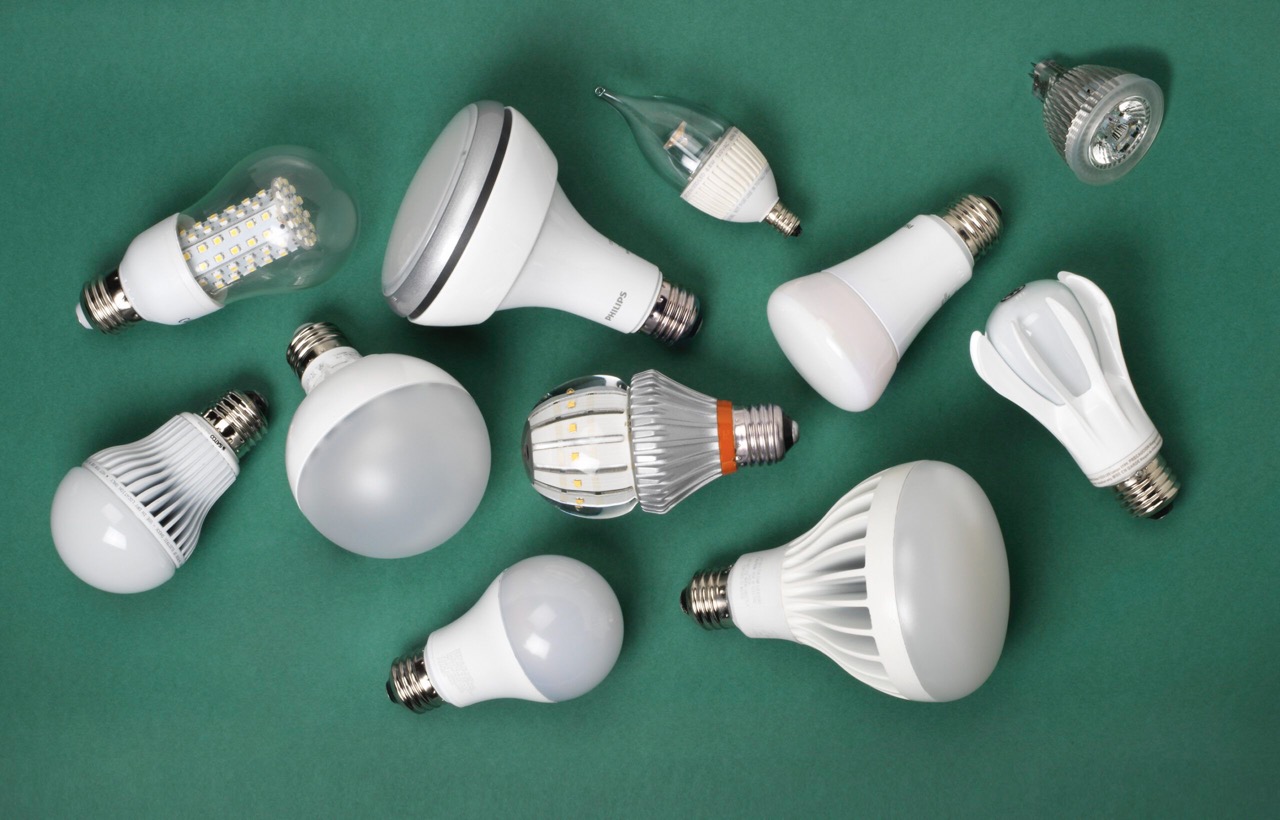
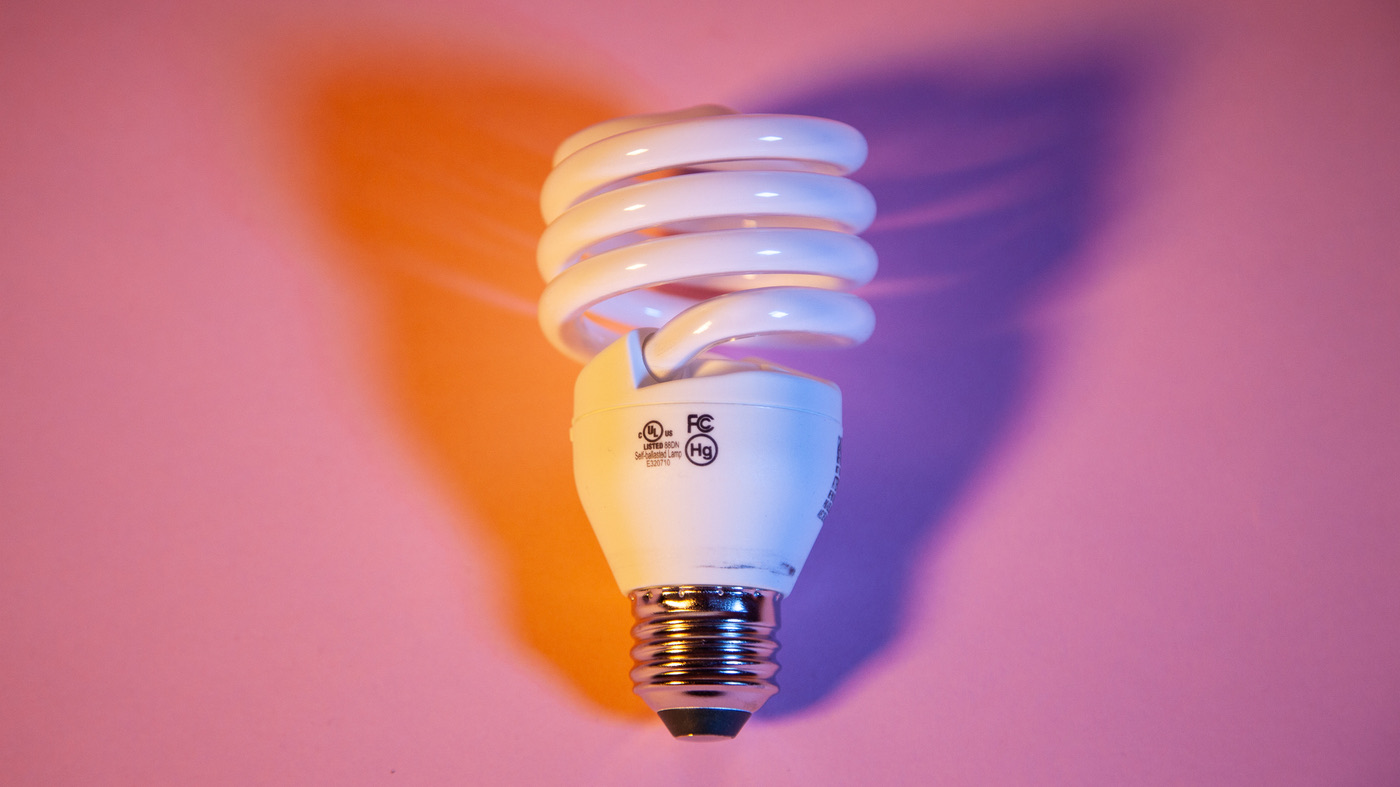
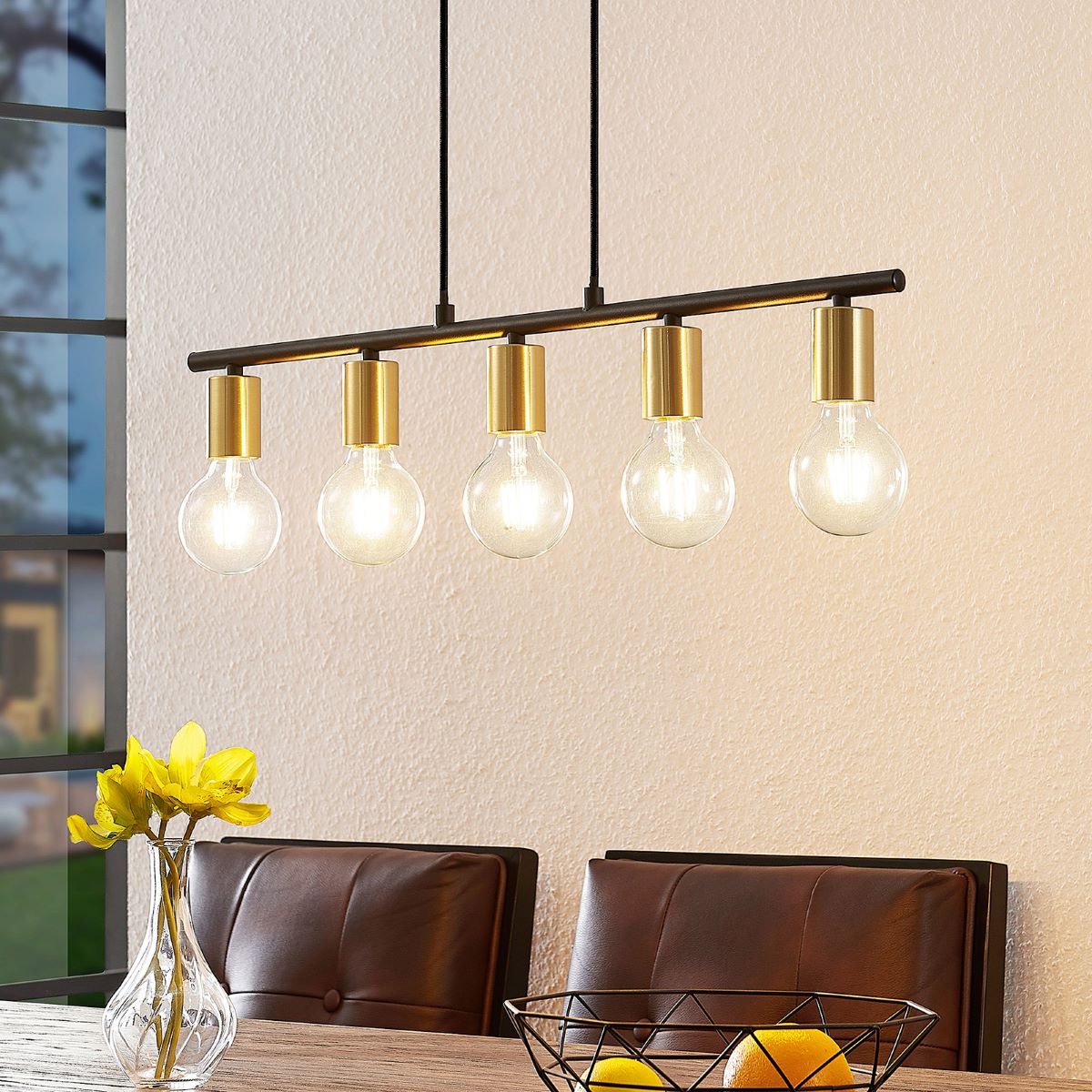
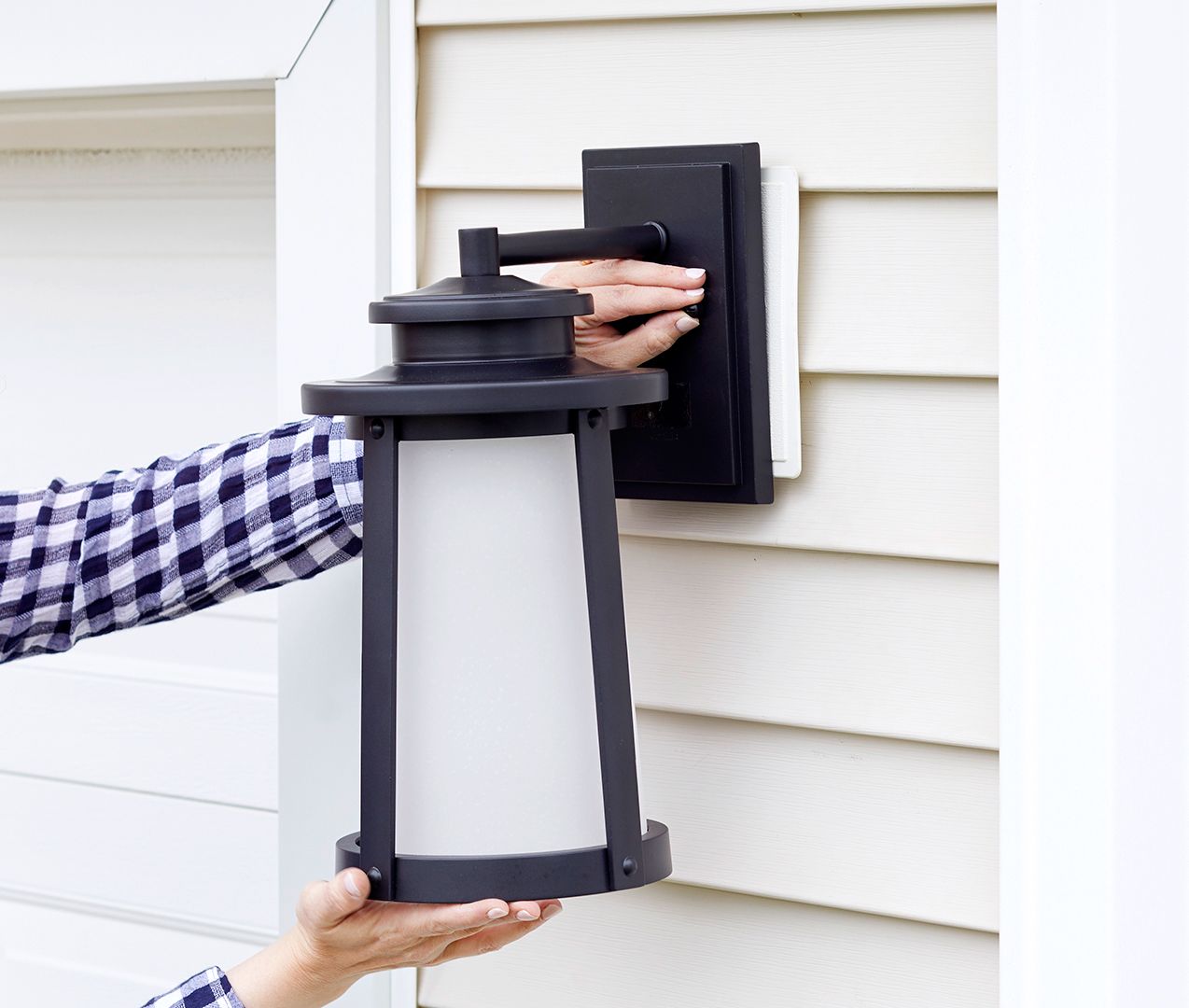
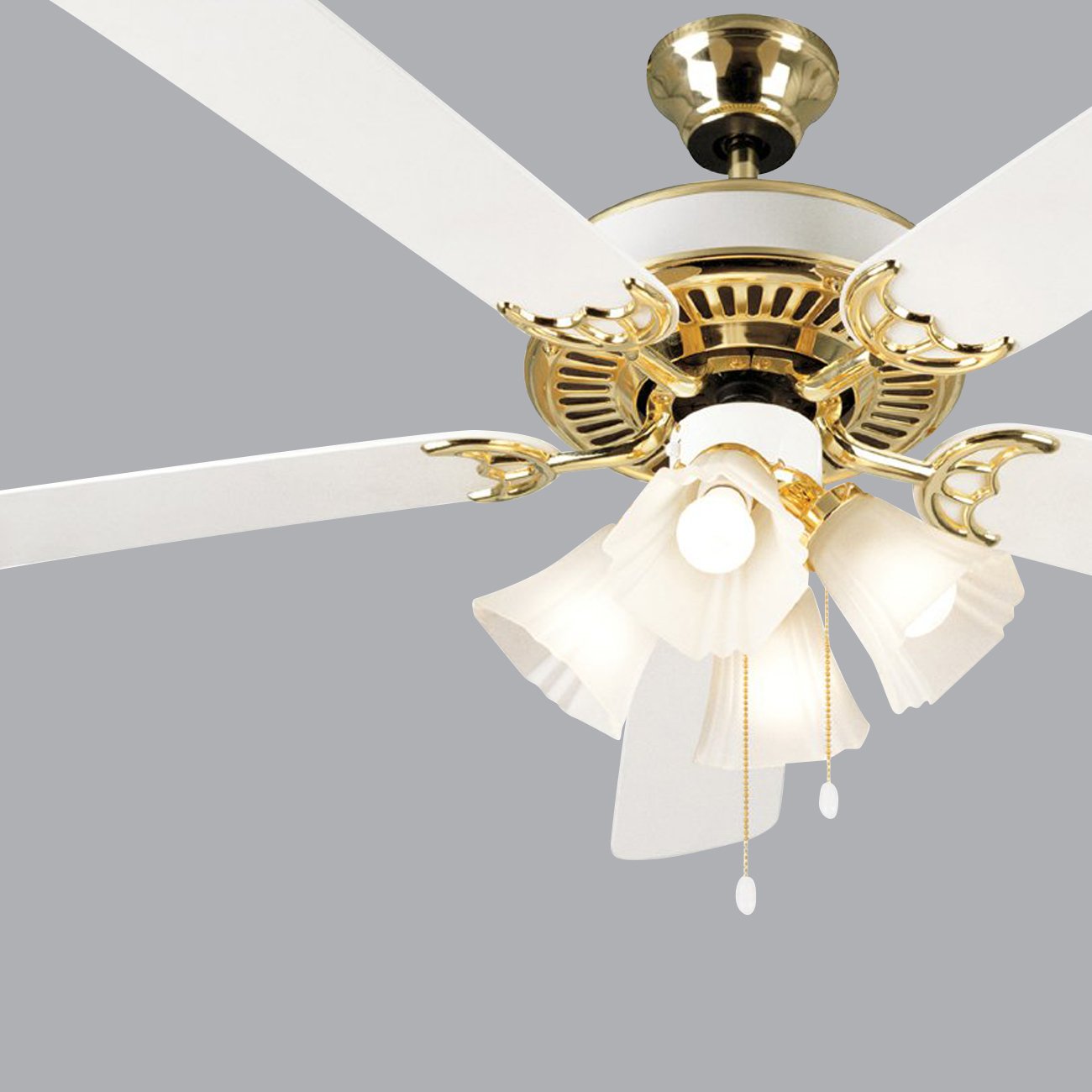
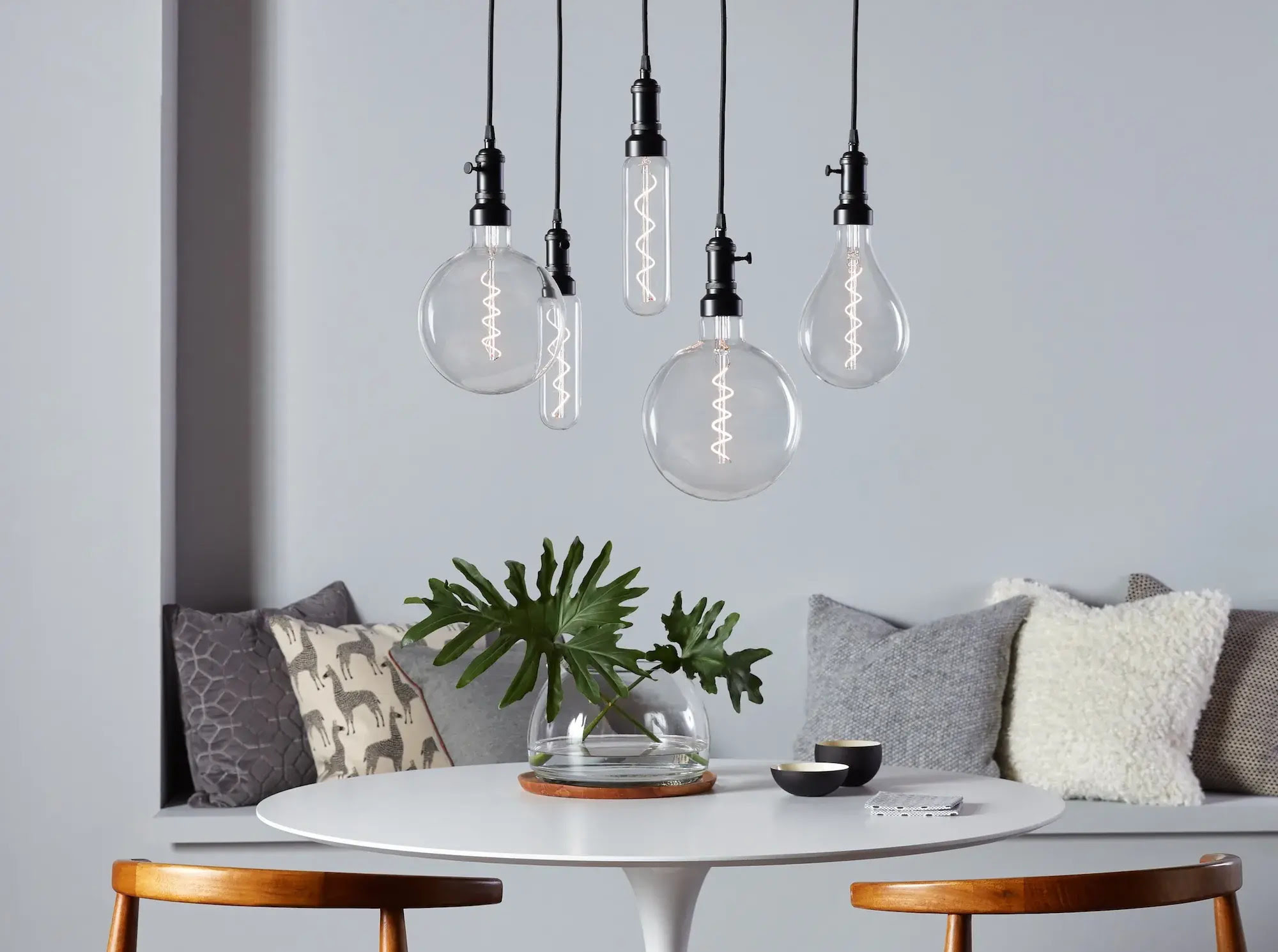
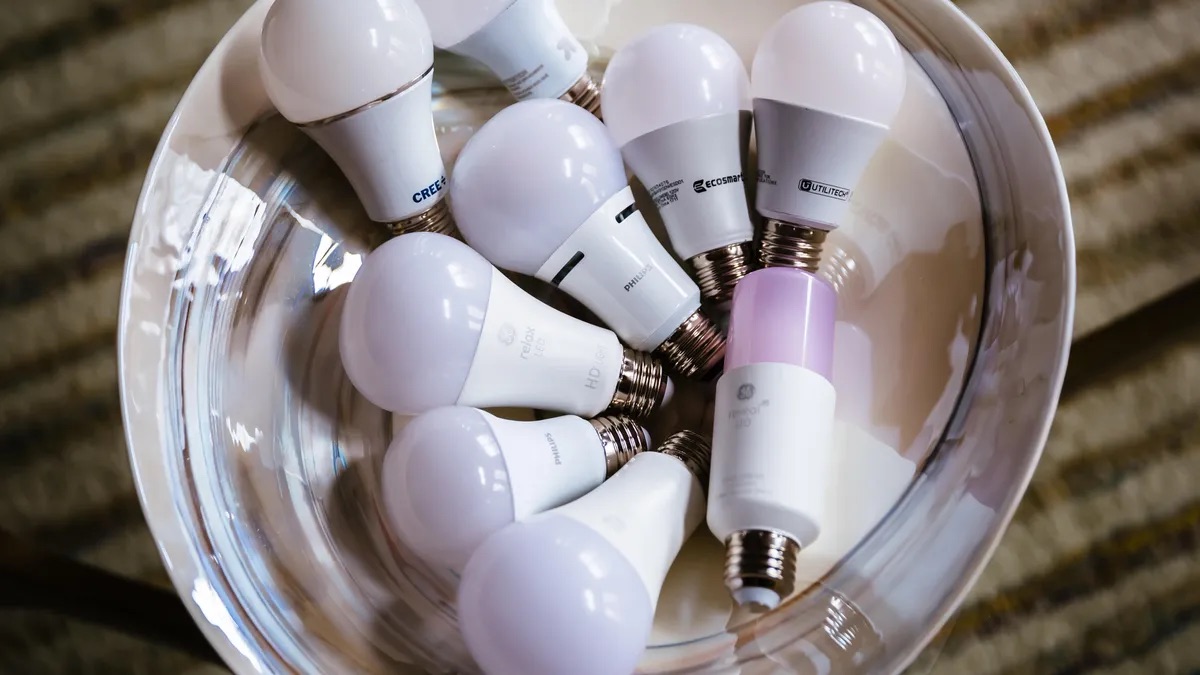
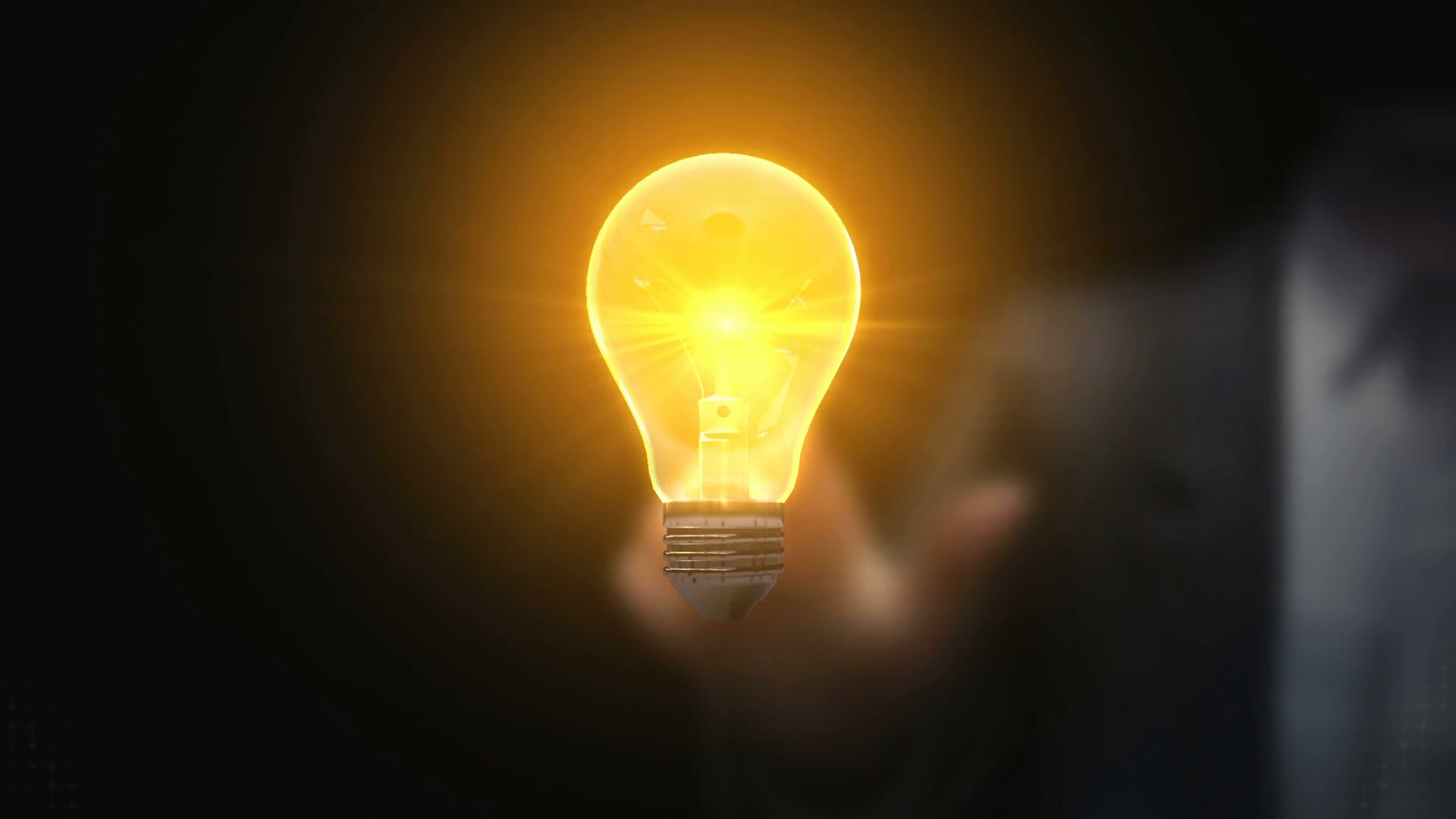
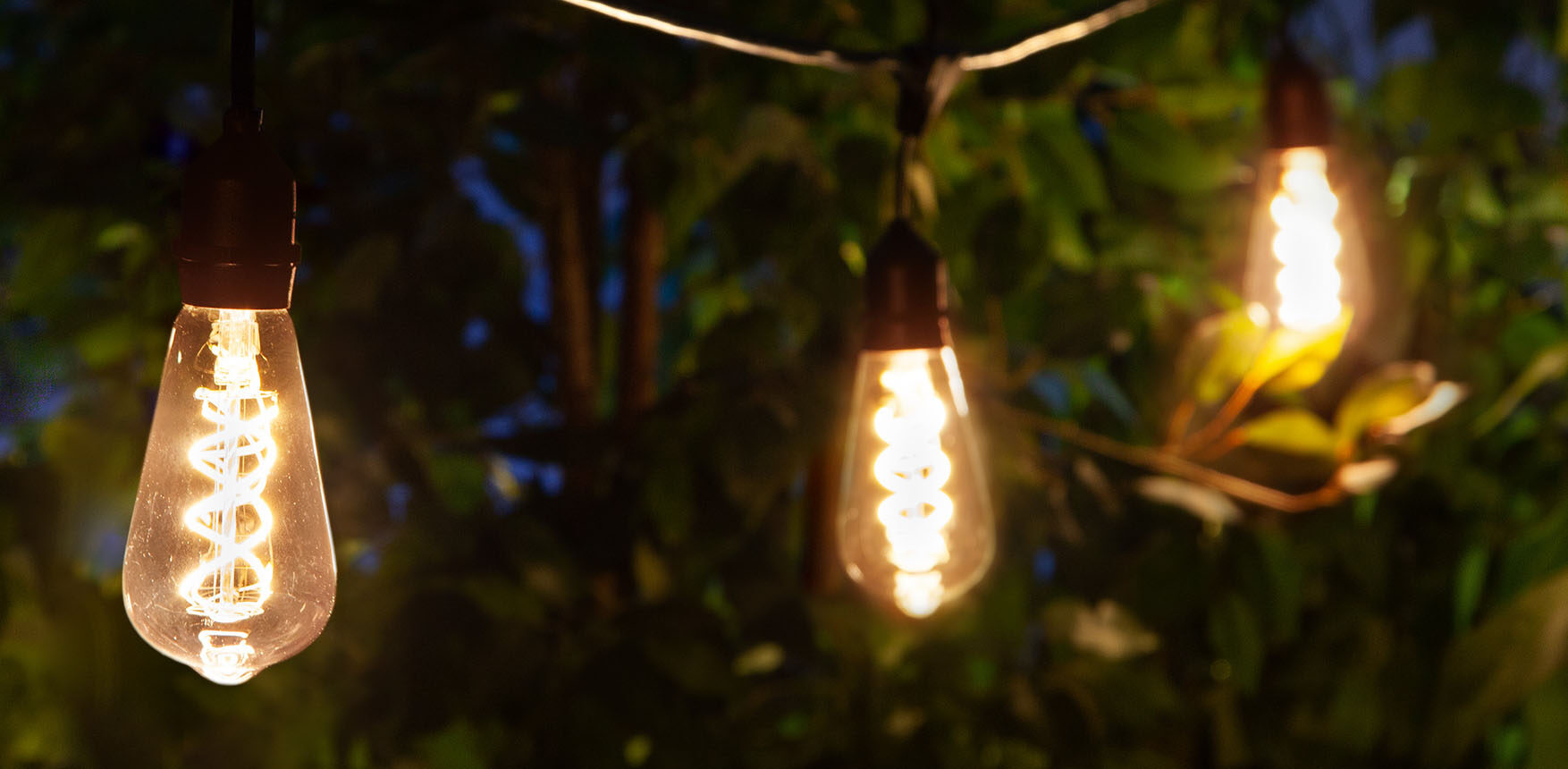
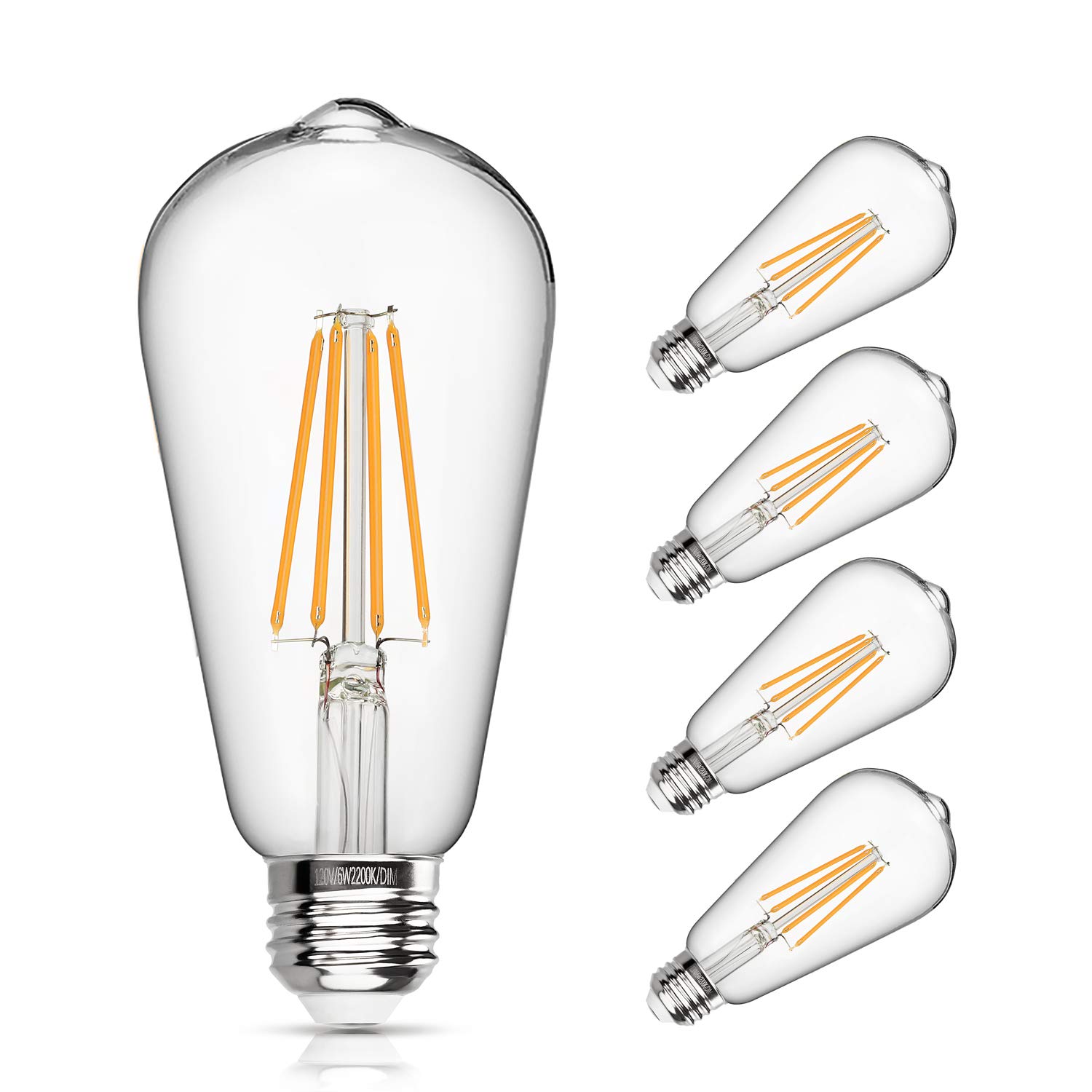
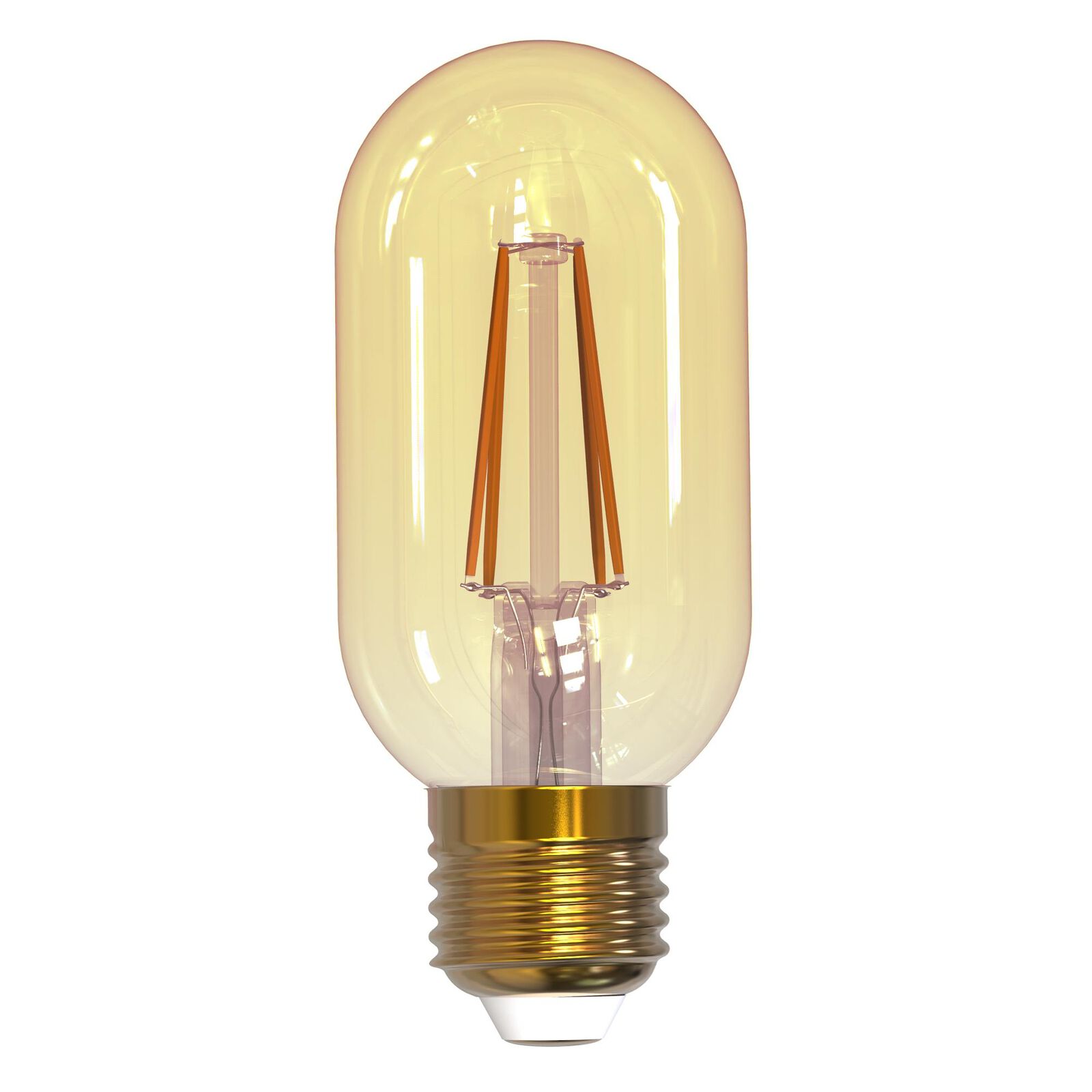
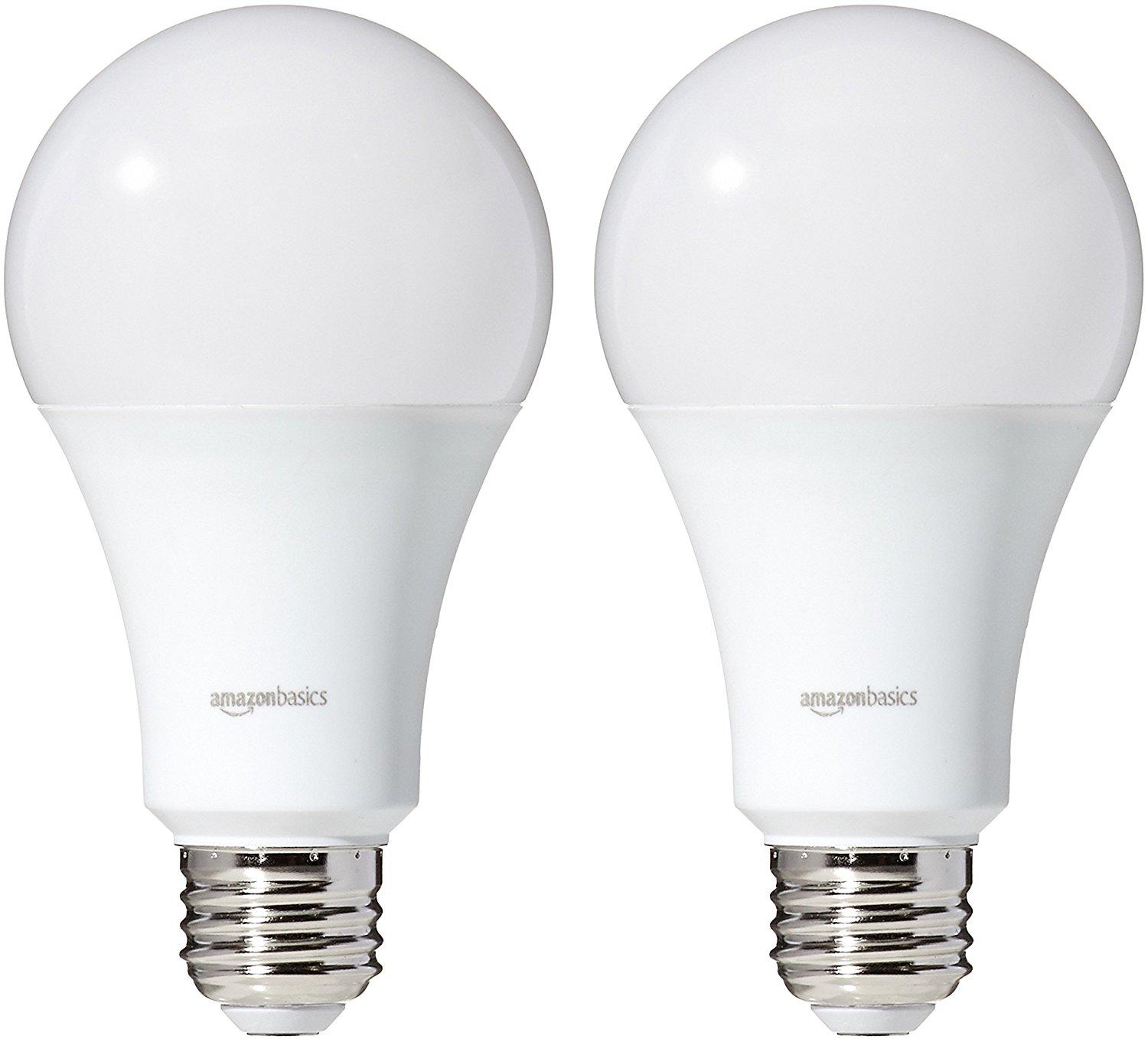
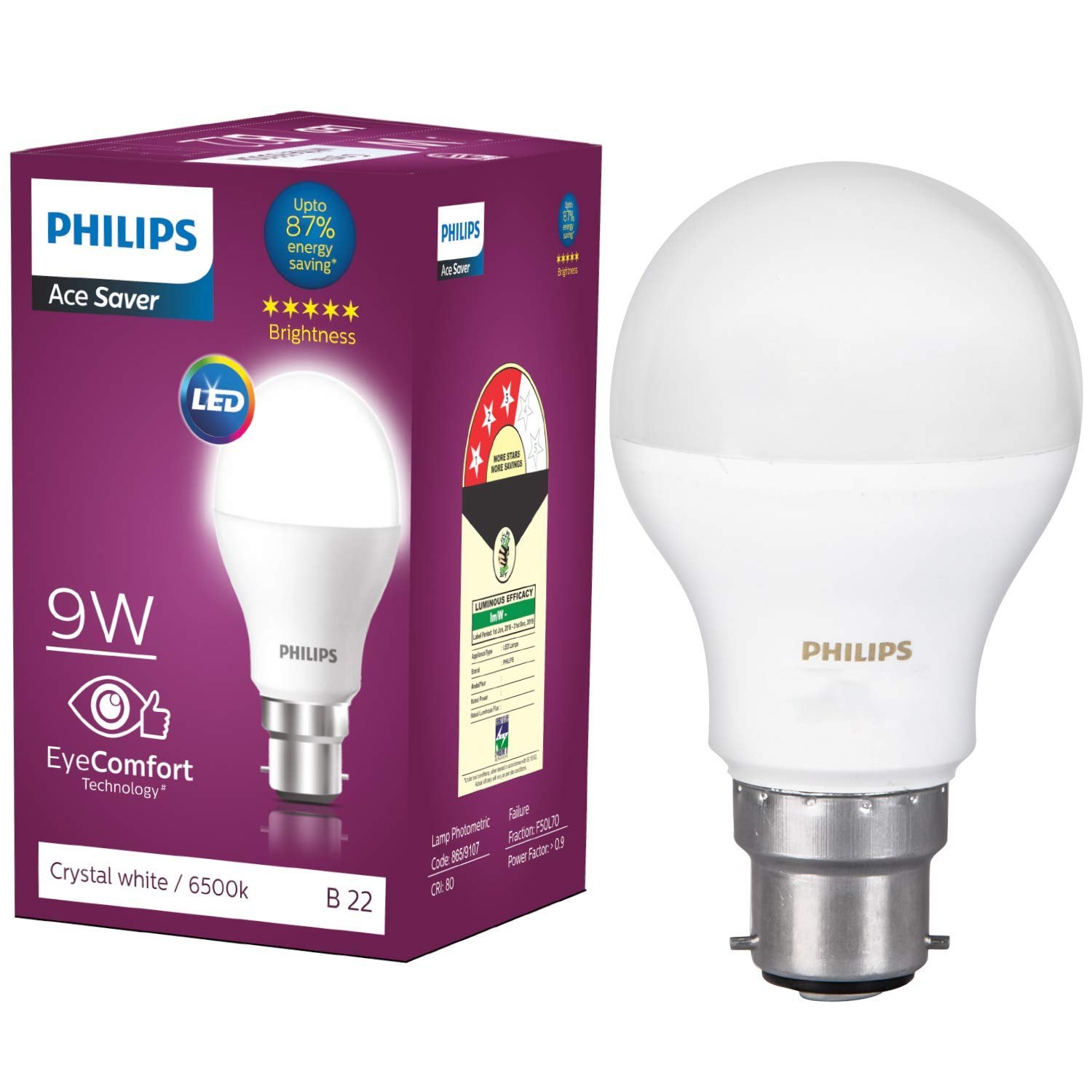
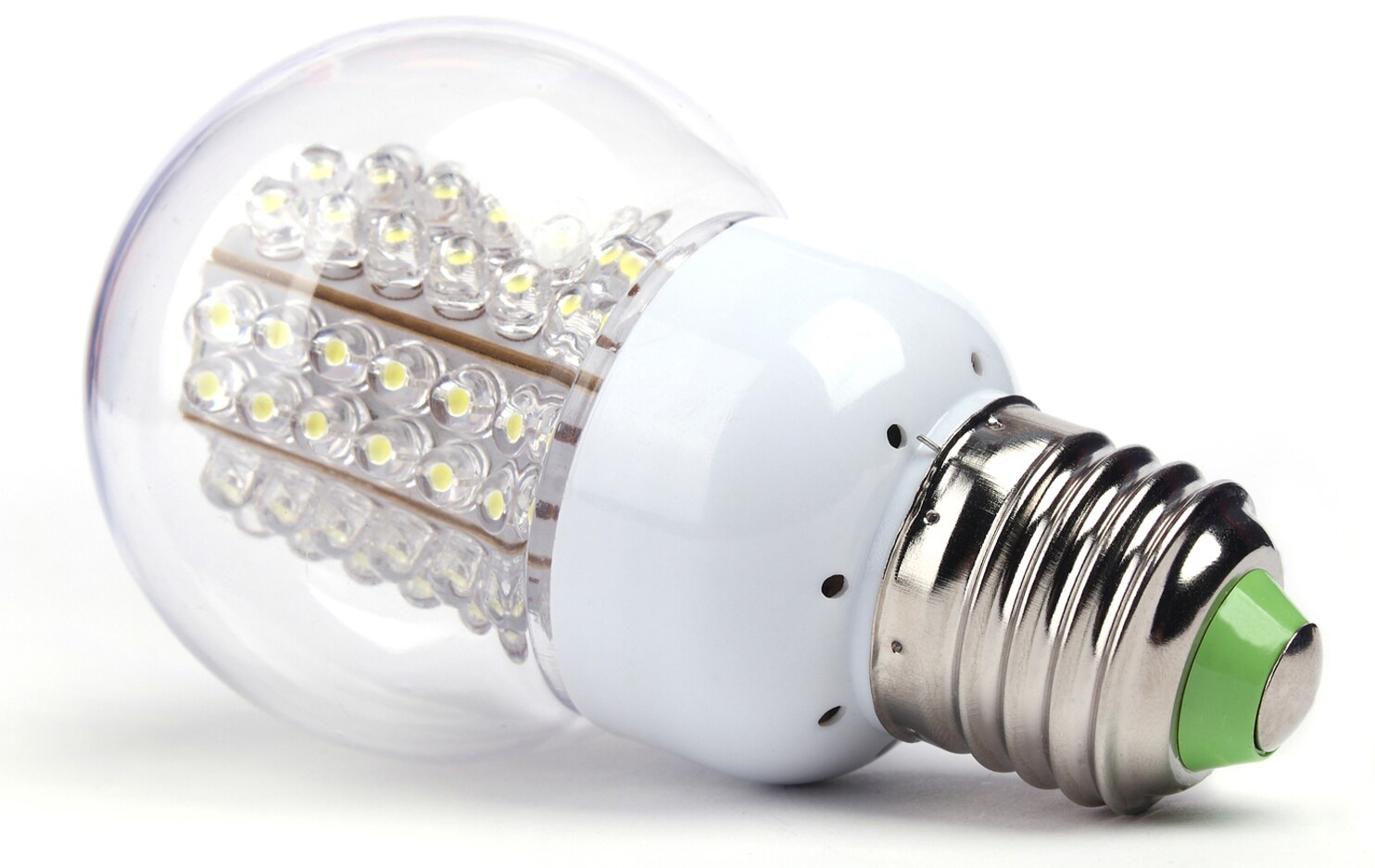

0 thoughts on “What Watt Bulb For Porch Light”